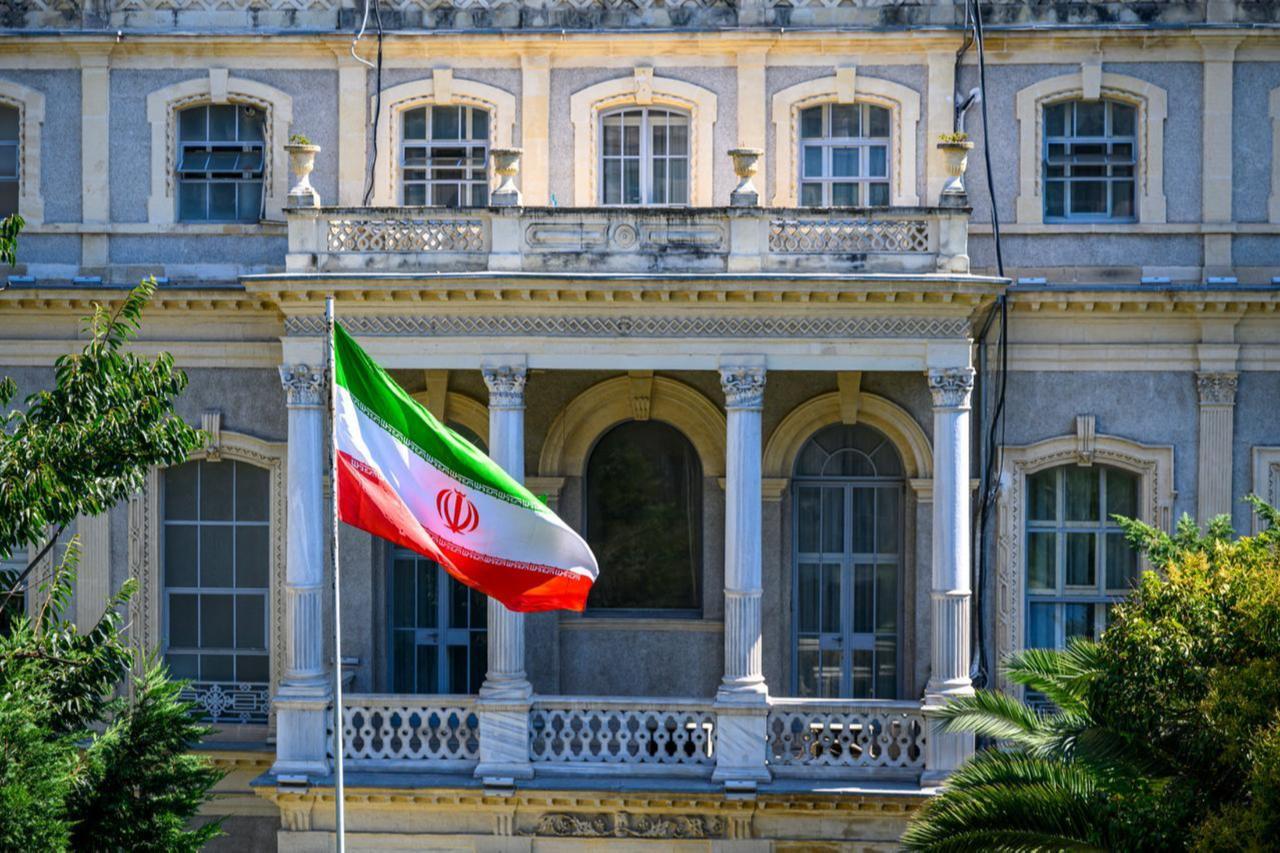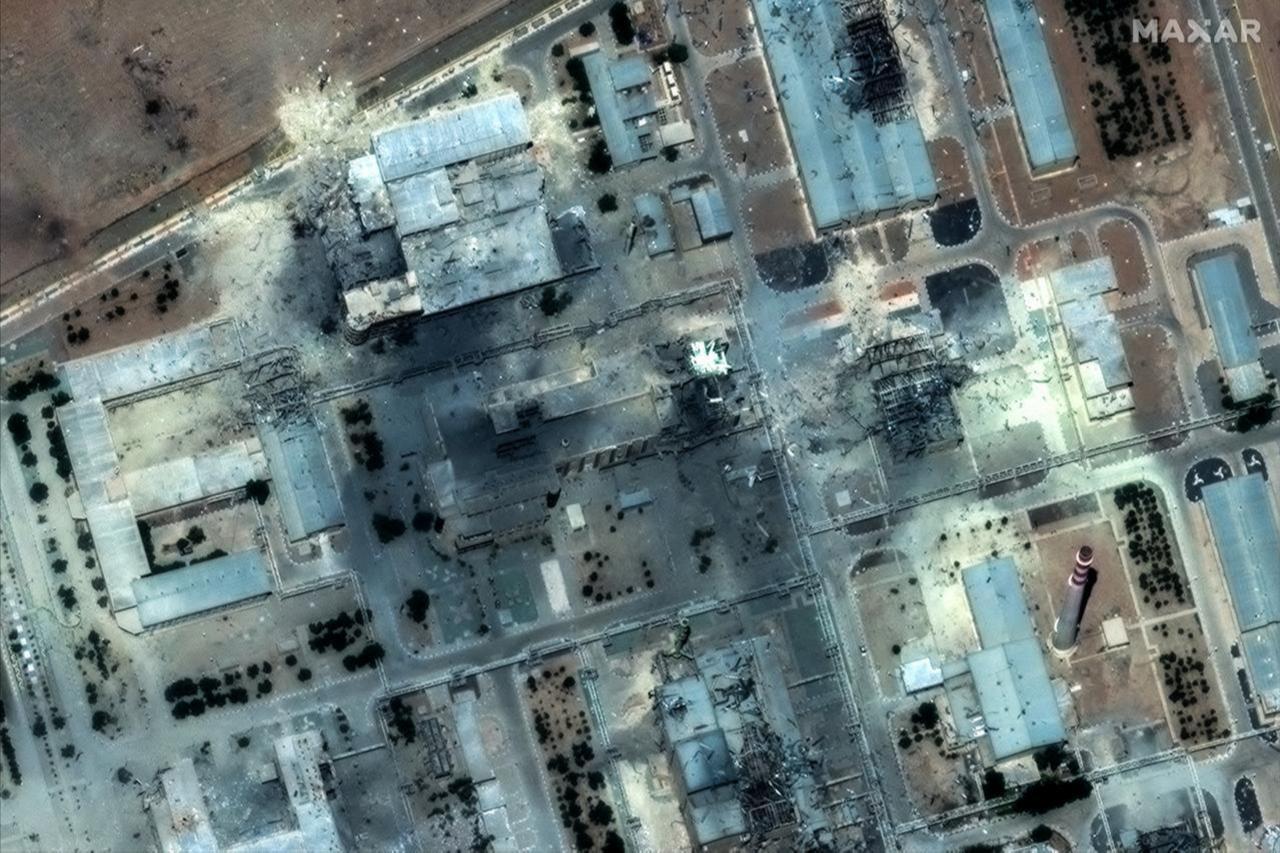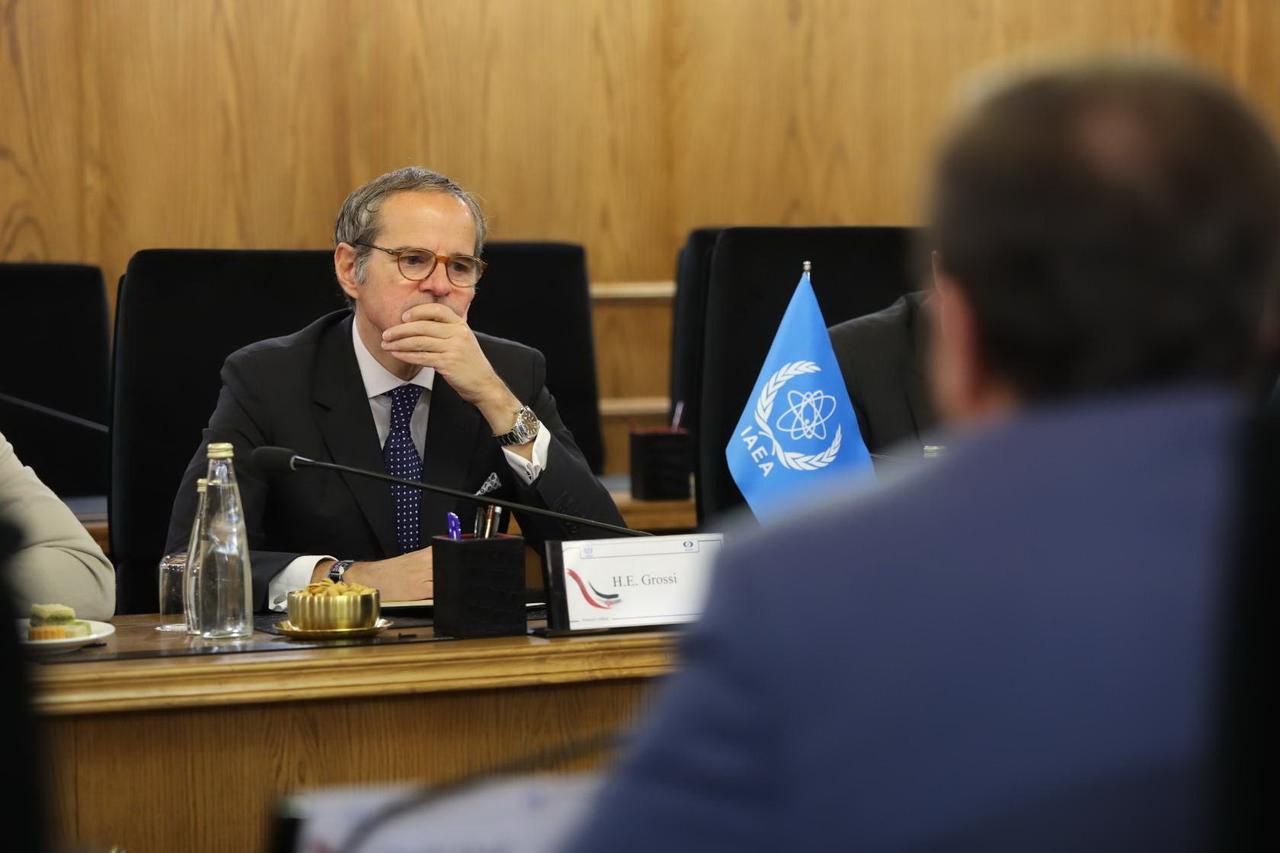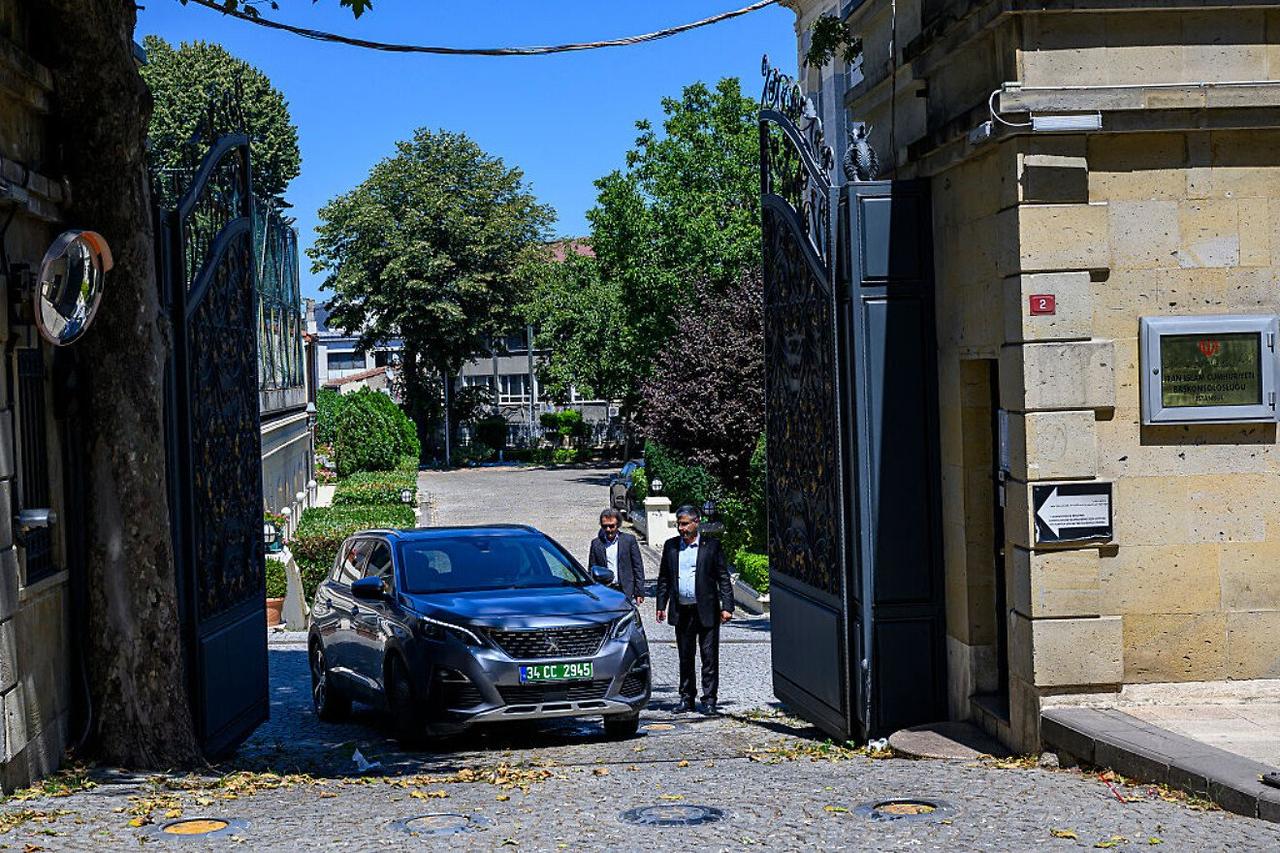
Iran will begin a new round of negotiations with the International Atomic Energy Agency (IAEA) in the coming days, Foreign Ministry spokesman Esmaeil Baqaei announced Monday, signaling potential progress after cooperation was suspended following Israeli attacks on Iranian nuclear facilities in June.
Baqaei told a press briefing that talks would likely take place following last week's visit to Tehran by IAEA Deputy Director General Massimo Aparo, which was meant to "examine how Iran and the agency interacted" after U.S.-Israeli strikes on Iran's nuclear sites.

The Iranian spokesman said his country is prepared to provide assurances about the peaceful nature of its nuclear program, contingent on sanctions relief.
"On the condition that oppressive sanctions are lifted, we are ready to take a series of measures to provide assurance about the peaceful nature of our nuclear program," Baqaei said.
Iran had suspended cooperation with the IAEA after its nuclear facilities were targeted during Israeli attacks that began June 13, leading to a 12-day conflict that ended with a U.S.-sponsored cease-fire on June 24.
Baqaei rejected claims of third-party mediation between Iran and the IAEA, emphasizing that communication remains direct between the two parties.
"Our communication and relationship with the agency is direct. One of the agency's assistants visited Tehran last week. We also held discussions on the draft cooperation framework. Our representative in Vienna is in constant contact with the agency," he said.
The spokesman noted that while the level of relations has changed following the June events, direct engagement continues.

Baqaei sharply criticized Britain, France, and Germany for threatening to use a "mechanism" that could reimpose U.N. sanctions on Iran.
"Europe's use of this tool to pressure Iran is an illegal move in itself. The three European countries did not fulfill their commitments under the 2015 nuclear agreement. When the U.S. and Israel attacked Iran's nuclear facilities, they neither condemned these attacks nor tried to explain their position in a logical way," Baqaei said.
"We don't think these three countries have the right to use this mechanism. We have never cut off negotiations with these three countries. They must decide whether they want to play a constructive role or a negative role serving the interests of the Zionist regime," he added.
France, Germany and the U.K. told the U.N. they are prepared to reinstate sanctions on Iran unless Tehran resumes negotiations with the international community about its nuclear program, the Financial Times (FT) reported.
The foreign ministers of the E3 group wrote to the U.N. about the spectre of "snapback" sanctions unless Tehran takes action, according to the report.
"We have made it clear that if Iran is not willing to reach a diplomatic solution before the end of August 2025, or does not seize the opportunity of an extension, E3 are prepared to trigger the snapback mechanism," the ministers wrote in the letter, which was seen by the FT.

The suspension of Iran's cooperation with the IAEA followed a legislative action by the country's parliament. The Islamic Consultative Assembly of Iran passed a law on June 25 suspending cooperation with the IAEA until the security of nuclear facilities and scientists could be guaranteed.
Iranian President Masoud Pezeshkian approved the law suspending IAEA cooperation on July 2.
The June conflict began when Israel launched an attack on Tehran on June 13, targeting military, nuclear, and civilian sites as well as senior military commanders and nuclear scientists. Iran was engaged in Oman-mediated nuclear negotiations with the U.S. at the time of the Israeli attacks.
Tehran launched retaliatory missile and drone strikes in response, while the United States bombed three Iranian nuclear sites during the escalation.